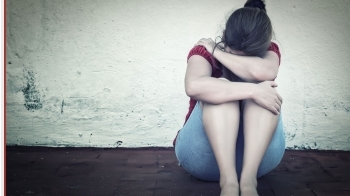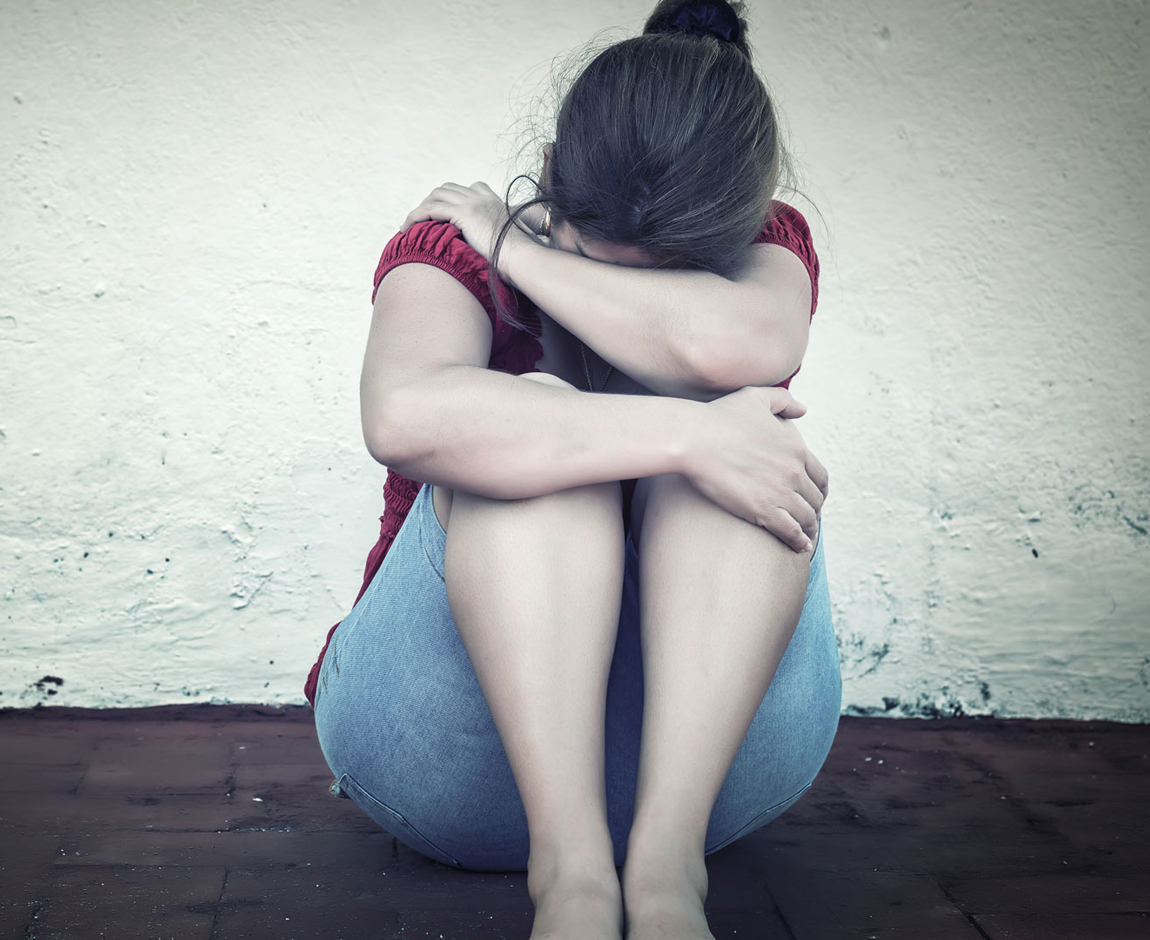
.png) M L Satyan
M L Satyan

The words “Sex Worker” and “Prostitute” are commonly and widely used to refer to women who are into sex trade. But both these words are meaningless and try to discriminate women further. Commonly the workers come into two categories namely Organized Sector and Unorganized Sector. All employees who are formally employed like teachers/professors, doctors, IT sector employees who enjoy employment benefits like fixed working hours, salary package, holidays, leaves, provident fund/pension scheme come under Organized sector. Daily wage labourers, people who do small scale business like running petty shops, vendors who sell vegetables/fruits/flower in push carts or on streets come under Unorganized sector.
The women in sex trade do not come under these two categories. They come under “Forced Labour Sector”. No woman in this trade gets into it voluntarily. They are duped and cheated by their own family members, relatives, friends and agents by false promises and then forced into this trade. Once they are into this hell-like life, they are unable to get out of it. Since women are forced into this, they cannot be called a “sex worker”. Rather they could be called “forced sex worker”. Likewise, it is the men who come to them as clients, and they are the ones who are prostitutes. So, the women need to be called “women who are prostituted”.
The people in organized and unorganized sectors can easily change their jobs and they are respected and accepted everywhere. This is not the case with the women under the forced labour sector. The Times of India, Bengaluru edition dated June 06, 2022 published an article. I quote the following examples from it:
“Alia (name changed), a sex worker, said: “I have tried many other jobs to escape this work. But wherever I go, people eventually find out that I was a sex worker and make it the talk of the town. I was hired as a domestic worker in Dubai through an agency and knowing my past, they felt entitled to mistreat and oppress me. I was not paid for months. When I complained, the agency locked me up in a dark room for six days. After being rescued and brought back to India, I resigned to my fate and went back to the old job.”
“Shobha (name changed) in her early 40s switched her job to that of a field officer with a women’s rights group about 20 years ago, but is still identified as a sex worker and jeered at on the roads. As a rights worker, she has plenty of stories of other women like her to narrate. She is helping all of them fight and survive. The sex workers expect what they have always wanted: DIGNITY in society. According to Shobha, the reason society still remembers her as a sex worker is “police”. She says police let everyone know, chase sex workers every night, train their guns on them and assault them with canes. They even gossip about us and our bodies and never let our past go.
“Guna (name changed), a sex worker, wants to work for the government, use her experience to help them nab traffickers or bust sex rings. She said, “If the state really cares about our welfare, it should create safe spaces for us to retire when we can no longer do sex work. We can be offered government jobs or create a policy that will place us in well-paying occupations. The benefits of the state government’s Chetana scheme have not reached me or any of my colleagues. Also, we do not want policies that are exclusively for sex workers. We want anonymity. We want to disappear in the crowd and do not stand out. Help us do that.”
I wish to narrate my personal experience of visiting a redlight area and meeting some women there. I had written a detailed article titled “From darkness to light” published in the Indian Currents in the issue 22-28 May, 2017. I was working with The Sisters of the Good Shepherd as a Manager of the Mission Development Office. These sisters are working in a redlight area at Bhiwandi’s Hanuman Tekadi, Maharashtra to help prevent the second-generation girl children of these women, who are prostituted, from entering into the same profession. More than 5000 women live in the brothels.
The sisters have a Day care Centre close to this area where the children are kept during the day. They are provided lunch and taught value-based lessons through play-way methods. The women also attend weekly/monthly meetings in this Centre. The sisters keep the children above 8 years in their boardings at Virar and Karjat. They are sent to formal schools to pursue education. Many of the children have completed 12th standard and pursue diploma courses on education, nursing etc. The children’s mothers are permitted to meet them once in a month.
I had visited this place along with the Regional Manager of the MDO. Due to the rapport of the sisters, we could easily interact with some of the brothel madams as well as some women whose children are under the care of the sisters. Almost all of them were enquiring the sisters and the staff about their children who are studying. Some women wanted to quit this profession and take up some other profession like driving, beautician etc. Those who ventured had to live with the same stigma and discrimination.
“Given the ingrained prejudice and stigma towards sex workers in our society, the Supreme Court’s recent verdict might not change the ground reality overnight. The order, affirming their right to dignity, will however help them fight for legal protection and safety. Tackling the larger issue of stigmatisation, which often results in their exclusion from the mainstream, needs societal involvement. There may be diverse views on their work, but every individual deserves Dignity and Human Rights.” (Times of India).
As responsible citizens, are we ready to extend our whole-hearted support to help these women to live with dignity, march from unreal world to real world and from darkness to light?